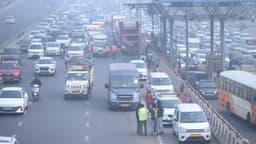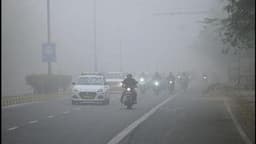Home / Environment / Delhi's Choice: Comfort or Clean Air?
Delhi's Choice: Comfort or Clean Air?
25 Nov, 2025
Summary
- Delhi's air quality dramatically improved during lockdowns when activity ceased.
- Proven solutions like odd-even and diesel restrictions have been previously implemented.
- Prioritizing daily convenience over necessary action leads to worsening air pollution.

Delhi is facing a self-inflicted air pollution crisis, with its residents prioritizing daily comfort over the need for clean air. This mindset, described as the 'real pollutant,' prevents the implementation of effective solutions.
Evidence from past lockdowns shows a significant reduction in PM2.5 and PM10 levels when traffic, construction, and industrial activities were halted. Similarly, measures like the odd-even rule and diesel restrictions have shown positive impacts, though their early relaxation leads to pollution spikes.
The author, a CEO of an autotech company, argues for courageous actions like congestion pricing, seasonal diesel bans, and stringent enforcement on construction sites. He stresses that public anger over inconvenience is preferable to long-term health consequences for children and parents, urging for discipline over awareness.




